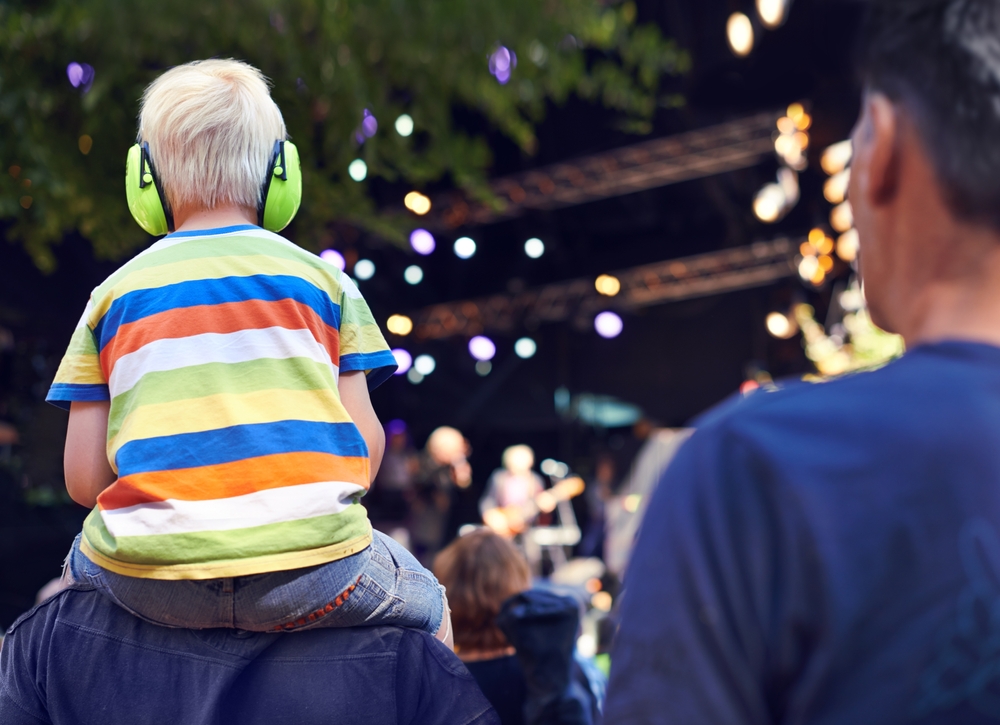
Most individuals think that as they get older hearing loss will be unavoidable. In truth, damage from recurring exposure to loud noise is also a leading factor. Each exposure to loud sounds, whether at a concert, mowing the lawn, or through loud earbuds, adds up over time, leading to permanent hearing loss. Preventable hearing loss isn’t restricted to adults either, we’re seeing more and more instances in children as well.
Globally, about 34 million children experience hearing loss, and a stunning 60% of these cases could have been avoided. The number of cases in adults is even more startling and desperately needs to be addressed.
Hearing loss’s modern contributing factors
To deal with the issue of hearing loss, it’s essential to recognize why it has become so prevalent in today’s world. All of the different factors that are contributing to hearing damage work together in an interrelated way that increases the risks:
- Population Density in Cities: The population of the world’s cities is denser than ever before. Along with that denser population comes a louder environment. This elevated city noise, from traffic to construction, has a big impact on the rising incidence of hearing loss.
- Technological Advancements: Possibly the most significant factor in the rise of hearing loss is the popular use of personal audio devices. It’s easier than ever before to listen to music and podcasts because of headphones and earbuds. However, the proximity of these devices to the ear, combined with the tendency to increase the volume, can cause significant damage. This sort of damage builds-up progressively frequently going unnoticed until it begins to become obvious and irreversible.
- Social Environments: There’s often an excessive amount of noise in current social environments like restaurants and bars. The misconception that a noisy atmosphere equals success has led many establishments to boost their volume levels. Cumulative hearing damage can be the result of the background noise in these places, even if there is no live music.
From raging waterfalls to clattering steam engines, humans have always had to deal with loud noises, but in the modern world, new challenges have arisen. Today’s noise levels, combined with the availability of technology, create a perfect storm for hearing loss.
Prevent hearing loss – practical steps
Given that the majority of hearing loss cases are avoidable, particularly in children, it’s puzzling that the problem remains so prevalent. Awareness and personal responsibility are the secrets to prevention. Here are some effective strategies to help maintain optimum hearing health:
- Utilize Ear Protection: If you’re planning to be in a loud setting, like a concert, or while operating noisy machinery such as a lawnmower, wearing hearing protection is crucial. Earplugs and earmuffs are widely available and can substantially reduce the risk of hearing damage. A significant difference can be made by putting into practice this simple and often neglected step.
- Be Careful About Moderate Noise Exposure: While the clear-cut hazard to hearing is exposure to loud noise, moderate noise can also be a threat if you are exposed to it over long time periods. City noise, for example, may not seem hazardous in small doses, but over prolonged periods, it can contribute to hearing loss. Understanding that noise damage is cumulative is essential for taking practical measures to safeguard your ears.
- Monitor The Volume of Your Earbuds: You can conveniently enjoy listening to your favorite media on personal audio devices like earbuds, but they also present a considerable danger to your hearing if they aren’t used conscientiously. Many devices allow you to set a max volume limit, which can help protect against unintended exposure to harmful sound levels. Taking the time to program these settings can prevent ongoing damage to your hearing.
- Implement Technology for Hearing Protection: You can monitor whether your environment is getting too noisy by downloading an app that tracks external volume. These tools are indispensable for raising awareness and making informed choices about your surroundings.
With hearing protection, knowledge is power
For people working in noisy environments such as factories or stadiums, safeguarding hearing can be more daunting. However, stringent occupational safety regulations are in place to safeguard workers’ hearing health. Work-related hearing loss can be prevented by becoming familiar with these regulations and putting them into practice.
Ultimately, the more informed you are, the better equipped you’ll be to protect your hearing. Your knowledge base should include awareness of your environment, workplace guidelines, and willingness to seek advice from a hearing specialist if needed.
Consulting with us can provide useful insights into your present hearing health and offer customized suggestions for safeguarding your hearing. Don’t forget that hearing loss doesn’t have to be an inevitable outcome. It is possible to maintain the health of your hearing and, with the appropriate precautions, continue to enjoy the sounds of your life for many more years.